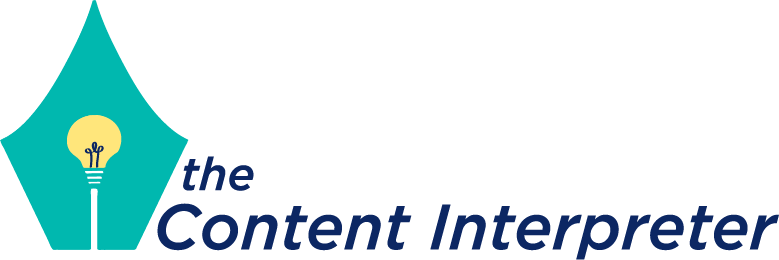I thrive on engaging in great conversations, and I love conversations as an art form. In a culture that places a premium on brevity and snackable content - content that can be consumed in just a couple of minutes - we cannot forget that there are insights, often hidden deep inside your story or your experience, that aren’t uncovered in just a couple of minutes. In fact, the opposite is often true: it’s because content creators spent extra time that they are able to present the highlights to you with succinct certainty.
Earlier this week, I had an enlightening conversation with a fellow entrepreneur. I had originally reached out to her because of a single line on her website: “To be effective, you must be you.” That struck me right away because I have a very similar philosophy that I adopted from the start of my business. As a speaker, you can have people who are role models, but emulation is not a strategy for effective speechwriting or public speaking.
My conversation partner is a coach that focuses on tapping creative energy for success in business (and yes, that includes the bottom line). But it wasn’t until we were talking for nearly an hour that she revealed a breakthrough in her business. She felt a profound resonance: the very same principles and techniques that helps her client succeed, helps her succeed. When you get to that level of insight, what you do for work is not just a job, it’s a calling.
However, you can only reach that level of insight if you give yourself the time and space - to do and to reflect. For my colleague, it was having worked with dozens of clients over a long coaching career and having their success reflected back at her. For you, as a speaker, it’ll be making an investment in your own story and being committed to accessing the most valuable parts of it.
It’s not that you can’t pick up valuable insights from brief pieces (In fact, I believe in that so much that I’ve employed them myself). The truth is that all great content comes from the same process. You often simply cannot get to those insights - the insights that will live inside your audience because they are authentic and accessible - because you haven’t given yourself the time or the context.
My process for creating great speeches and presentations with clients was founded on the premise that they are engaged with their own story. Clients don’t come to me to write their speeches so much as than they want help finding things in their own story. This principle applies whether it’s a 15-minute speech or an hour-long keynote. It involves interviewing, reading, taking notes, consultation (for me) and a dialogue that I will have with them that is ongoing until the final edits.
You have to go long, if not long-form, for your audience. You have to give them the tools they need to find the relevant takeaways from your speech, and that only comes from examining your story and expertise from every angle. If you commit to this, your success will be reflected back at you in the actions and reactions of your audience.

